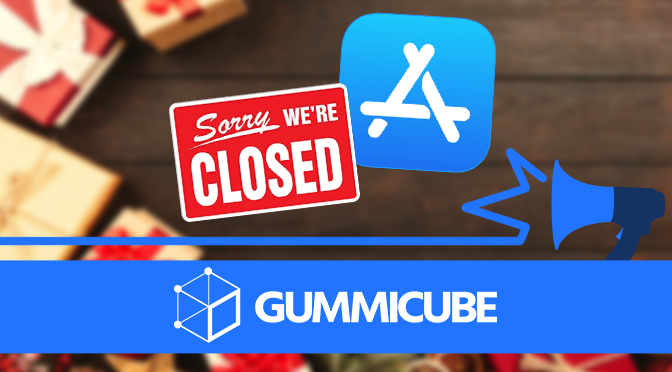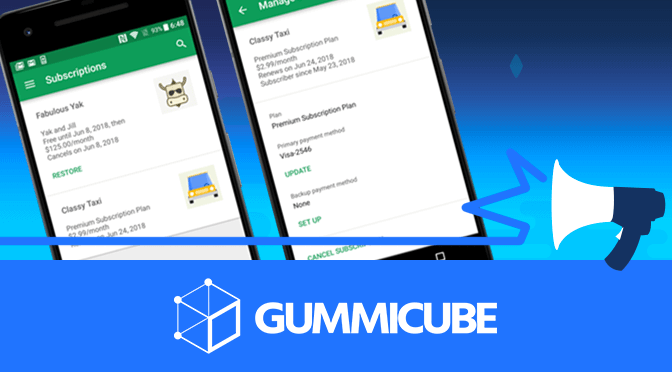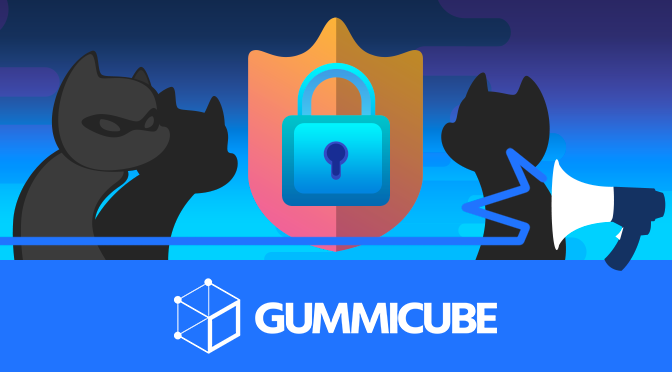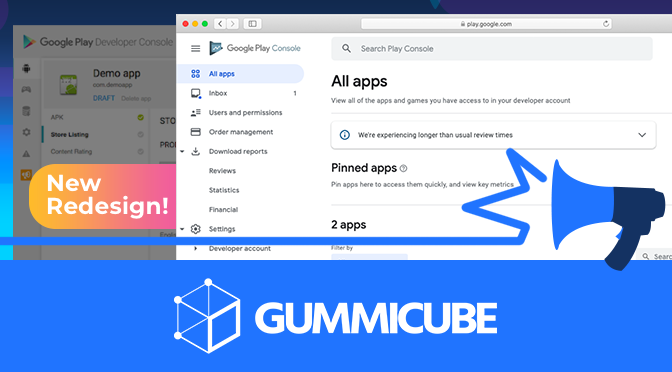
App Store Holiday Schedule 2020
Posted on November 23rd, 2020
When is the App Store Holiday Schedule 2020? Learn about the dates of this year's shutdown and how to prepare.

Following a recent announcement on the Google Play Developer Console, Google Play apps that offer subscription or account services will need to make certain services mandatory.
This change will make Account Hold and Subscription Restore capabilities mandatory. Additionally, Subscription Pause will become available as the default and the new Resubscribe feature will make restoring subscriptions easier. Let’s take a look at what these features are and the impact they can have on your subscription app.

Sometimes users are unable to pay their subscription, whether due to financial woes or an expired credit card. In these cases, developers can initiate an Account Hold.
With Account Hold, you can pause an account when payment fails, rather than immediately canceling it. This will enable users to maintain their account information even when they can’t access the app until they update their payment information.
As of November 1st, Account Holds will be mandatory for subscription apps. It could prove helpful for user retention and recapturing users who used to subscribe.
What happens if a user cancels their subscription renewals, then changes their mind before it expires? Google Play also enables Subscription Restore, allowing users to resume auto-renewals as though they were never canceled.
Please note that this only works for subscriptions that have not yet expired. If a subscription expires, users will have to resubscribe instead.
Like Account Hold, Subscription Restore will be mandatory for subscription apps as of November 2020.
Subscription Pause is a way to mitigate voluntary churn. Developers can enable Subscription Pause to let users put their subscriptions on hold without fully canceling, thus helping prevent users from unsubscribing and ensuring they’ll return at a later date.
Users can pause their subscriptions anywhere from one week to three months, depending on the recurring period. The pause begins at the end of a billing period and will not renew the subscription until the pause ends. The exception is for annual subscriptions, which cannot be paused.
If a user likes an app but has to pause a subscription, whether it’s because they won’t need it for a few weeks or can’t afford it for a billing period, pausing it will help ensure they keep the app and renew their subscriptions when they can.
While pausing will not be mandatory, it will be the default for subscription apps starting November 1st. App developers that do not want to enable Subscription Pause, such as streaming apps that don’t want to lose income between seasons of hit shows, will have to disable it for their apps.
Last but not least, Google is making it easier for users to renew subscriptions with a Resubscribe option. This can be used to:
This helps prevent users from taking advantage of any free trials while letting them maintain any user or account information even after their subscriptions have ended. Doing so will be beneficial for users and developers alike.
As with Subscription Pause, Resubscribe will be enabled by default as of November 1, 2020. Developers that want to disable Resubscribe will have to disable it for individual SKUs from the Google Play Console.
Retaining subscribers is important for an app and the developer’s subscription business. These updates can help users manage their subscriptions and maintain existing count details, while helping developers retain subscribers and bring back churned subscriptions more easily.
Developers with existing apps will need to integrate Account Hold and Subscription Restore by November 1st. Unless they opt out, they’ll also need to integrate Subscription Pause and Resubscribe. If they fail to do so by the deadline, future updates may be rejected, thus delaying the launch of new features, bug fixes and metadata.
With these changes, app developers can improve their user retention and decrease churn, which can have beneficial effects on their App Store Optimization. If they want to maintain these benefits, they’ll need to update on time.
Want more information regarding App Store Optimization? Contact Gummicube and we’ll help get your strategy started.

When is the App Store Holiday Schedule 2020? Learn about the dates of this year's shutdown and how to prepare.

Apple's App Store Guidelines have strict privacy requirements. Developers now must provide information to users on the App Store listing regarding the data they access.

The Google Play Developer Console has been updated with a new design and adjusted tools. What's different, and how will it impact App Store Optimization?